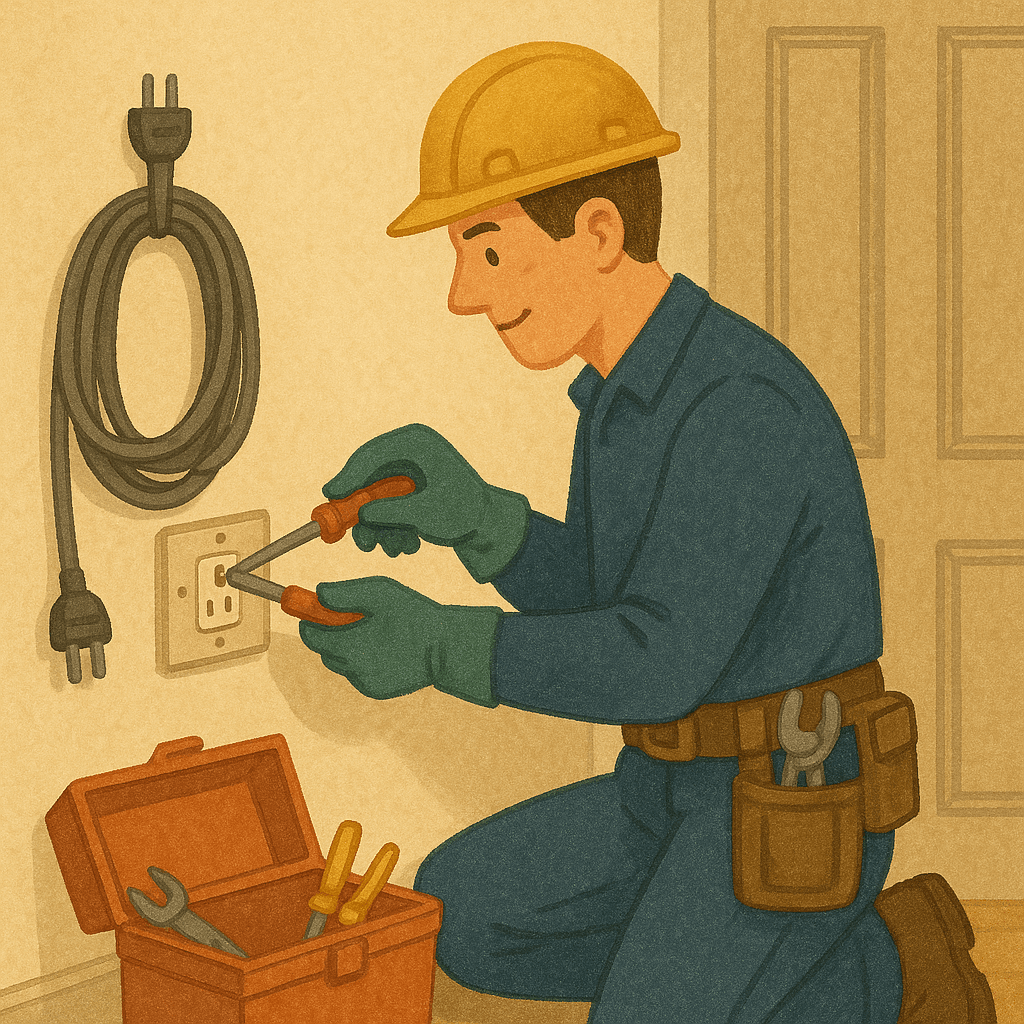With the rise in popularity of electric vehicles (EVs), many homeowners are considering installing an electric vehicle charger at home. Installing an EV charger offers the convenience of charging your car overnight, eliminating the need to rely on public charging stations. However, before you proceed with installation, there are several important factors to consider. In this article, we will guide you through the essentials of electric vehicle charger installation, including the different types of chargers, the installation process, and the benefits of having a charger at home.
Why Install an Electric Vehicle Charger?
Electric vehicles are not only environmentally friendly but also cost-effective in the long run. Charging your EV at home can save time and money compared to using public chargers. Home EV chargers allow you to charge your vehicle overnight, ensuring it’s ready for the next day, and offer the added benefit of charging whenever needed.
Having an EV charger at home also ensures that you’re never caught without a charge when you need it most. If you own an electric vehicle, a home charger can significantly enhance your convenience and cost savings.
Types of Electric Vehicle Chargers
When it comes to installing a home charging station, there are a few different types of electric vehicle chargers to choose from. Understanding the differences can help you decide which one best suits your needs.
Level 1 Charger
Level 1 chargers are the most basic option and come standard with most electric vehicles. They plug into a standard 230-volt electrical outlet, making them easy to use without requiring any significant installation. However, they charge EVs relatively slowly and can take anywhere from 12 to 24 hours to fully charge a vehicle, depending on the battery size.
Level 2 Charger
Level 2 chargers are the most popular choice for home installations. They operate at 240 volts and charge an electric vehicle much faster than Level 1 chargers. A typical Level 2 charger can fully charge an EV in 4 to 8 hours. To install a Level 2 charger, you will need an electrician to install a dedicated 240-volt circuit in your garage or parking area. Level 2 chargers offer a balance of speed and efficiency, making them ideal for homeowners who want to ensure their vehicle is ready to go each morning.
DC Fast Charger
DC Fast Chargers are not typically used for residential installations due to their high cost and the need for specialised equipment. These chargers are more commonly found in public charging stations, where they can charge an electric vehicle in a fraction of the time compared to Level 1 or Level 2 chargers. However, these chargers are usually not necessary for home use unless you require very fast charging.
Installation Process for Electric Vehicle Chargers
The installation process for an electric vehicle charger largely depends on the type of charger you’re installing and the existing electrical setup in your home.
Assessment by an Electrician: The first step is to hire a qualified electrician to assess your home’s electrical system. They will evaluate your electrical panel to ensure it can handle the additional load of a Level 2 charger. If necessary, they may need to upgrade the panel to accommodate the higher voltage.
Installation of the Charging Station: Once the electrician has determined that your system can handle the new charger, they will proceed to install the charging station. This involves setting up a dedicated 240-volt circuit, wiring the charger to your electrical panel, and securing it in a convenient location, typically in your garage or driveway.
Testing and Inspection: After installation, the electrician will test the charger to ensure it is functioning correctly and safely. They will also ensure that the installation meets local building codes and safety standards.
Benefits of Installing an Electric Vehicle Charger
Convenience: Charging at home means you don’t have to rely on public stations, and you can ensure your EV is always ready to drive.
Cost Savings: Charging at home is generally cheaper than using public chargers, especially when you take advantage of off-peak electricity rates.
Time Efficiency: A Level 2 charger can charge your vehicle overnight, providing a fully charged car each morning without the need to wait for hours at a public charging station.
Increased Property Value: Installing an EV charger can increase the resale value of your home, particularly as electric vehicles become more mainstream.
Conclusion
Installing an electric vehicle charger at home is a smart and practical investment for any electric vehicle owner. It provides convenience, cost savings, and peace of mind, knowing that you can charge your vehicle whenever needed. Whether you choose a Level 1 or Level 2 charger, consulting with a qualified electrician is essential to ensure a safe and efficient installation.
If you're ready to install an electric vehicle charger at your home, contact us today. Our professional electricians can assess your needs, recommend the best solution, and install your charger safely and efficiently.
For more information, reach out to Certified Electrician for your electric vehicle charger installation needs.
Service Areas
We cover areas of South, East, and South East of London, including Beckton, Bermondsey, Bow, Blackheath, Bromley-by-Bow, Canary Wharf, Canning Town, Charlton, Chingford, Deptford, East Ham, Forest Gate, Greenwich, Hackney, Hither Green, Isle of Dogs, Kidbrooke, Ladywell, Leyton, Leytonstone, Lewisham, Limehouse, Manor Park, Maze Hill, Mile End, North Woolwich, Old Ford, Plaistow, Poplar, Shoreditch, Snaresbrook, South Woodford, Stepney Green, Staple Mewomgtpm, Stratford, Upton Park, Walthamstow, Wanstead, Wapping, West Ham, Whitechapel, Woodford, and Westcombe Park.
For expert advice and a hassle-free installation, contact us today!











